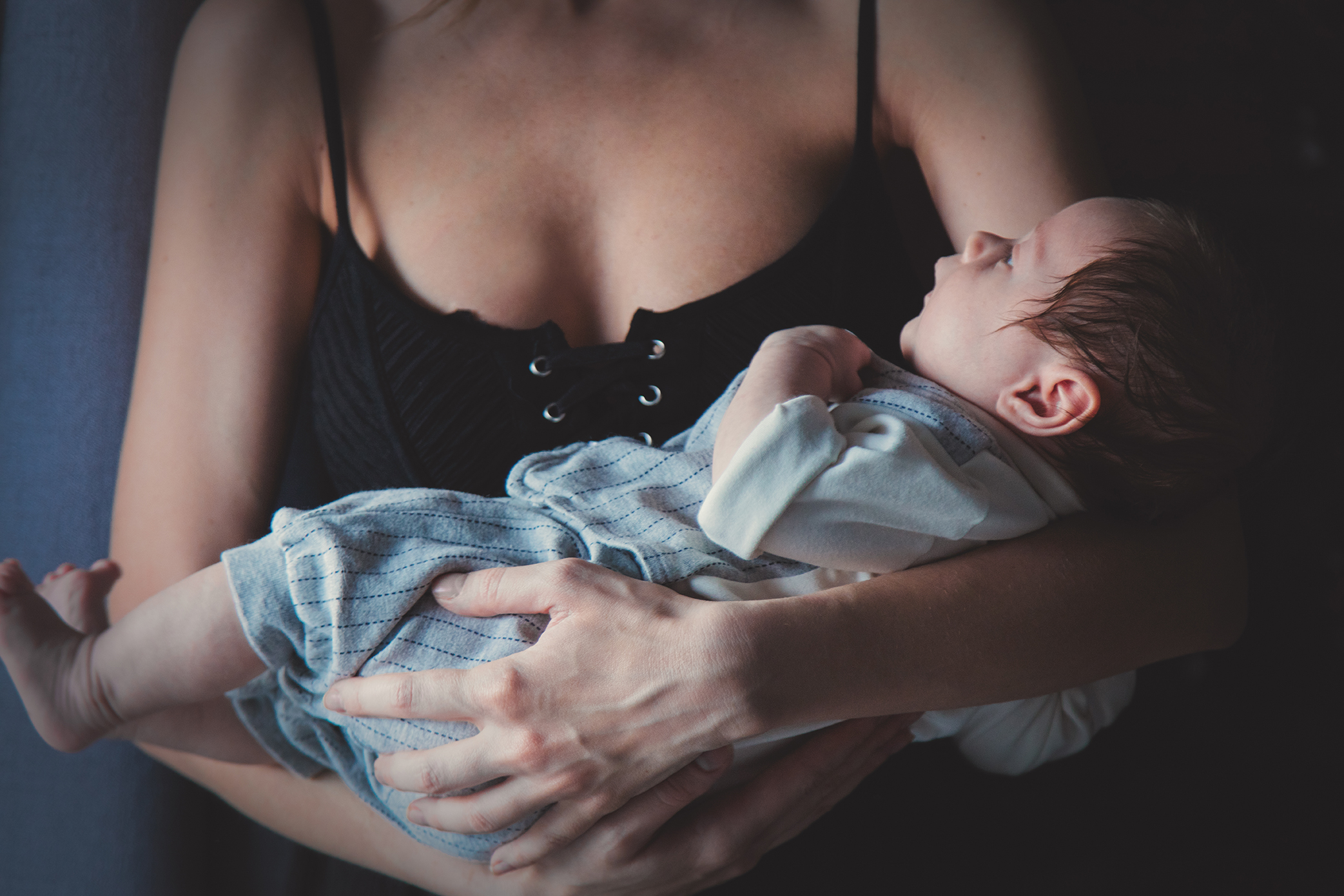Dysphoric Milk Ejection Reflex (D-MER) is a term used to describe the intense feelings of anxiety, sadness or anger which impact some breastfeeding women just before and during the release of milk to their infant.
While relatively brief, the episodes can have a significant psychological impact on a parent and also has the potential to be misdiagnosed as post-natal depression or anxiety.
To improve understanding and raise awareness of D-MER among mothers and health professionals, a new University of Dundee study has now been launched and is looking to recruit people potentially affected.
What is D-MER?
“D-MER is a condition that we really know very little about, even in the medical profession,” said Charlie Middleton, a health visitor and lecturer at the University’s School of Health Sciences, who is leading the study.
“It appears to be physiological, rather than psychological in origin, but also presents a risk of being misdiagnosed as postnatal depression. That could mean that many women are being prescribed anti-depressants that they are not required to take.
“The women I have spoken to so far have been so grateful for this study. They have been looking for support because there is a lack of knowledge out there and so few places to turn.
“It is such a difficult phenomenon. The evidence I have found suggests that once women know what it is and know it will pass then it doesn’t tend to have any long-term consequences. However, for a mother that has never heard of D-MER before it can be confusing, isolating and very frightening, so learning more is incredibly important.”
The study will ask participants to share their experiences of D-MER with the aim of developing theory on the main concerns of women who experience D-MER, and how they process and resolve these concerns. The hope is to gather sufficient evidence that can help health professionals identify D-MER and provide support for those experiencing it.
Misdiagnosing D-MER as postnatal depression
Misdiagnosis as postnatal depression could result in women taking medication which is not suitable or required. With so many mothers likely to experience D-MER, Charlie says that it is another phenomenon experienced solely by women that has been overlooked by researchers in the past.
Misdiagnosis as postnatal depression could result in women taking medication which is not suitable or required.
“There is probably a lot of women who are self-diagnosing postnatal depression but who are actually experiencing D-MER” she added.
“One study from 2018 suggests that as many as 9% of breastfeeding could experience D-MER. That is millions of women every year, but there really is a dearth of knowledge out there.
“Pregnancy and child rearing are two of the most important and significant moments in a person’s life, but there are so many conditions that have been overlooked by the medical profession.
“Only recently have issues such as endometriosis and menopause became more prevalent in the public eye, because of the significance and impact they have. Before, maybe women have been expected to just get through these issues, and D-MER can be included on that list. That is why action to research these conditions now is so vital to improving the experience of motherhood for so many who may be struggling and not knowing why.”
Anybody interested in participating in the study, or who wishes to learn more, can email Charlie Middleton at c.y.middleton@dundee.ac.uk.
















